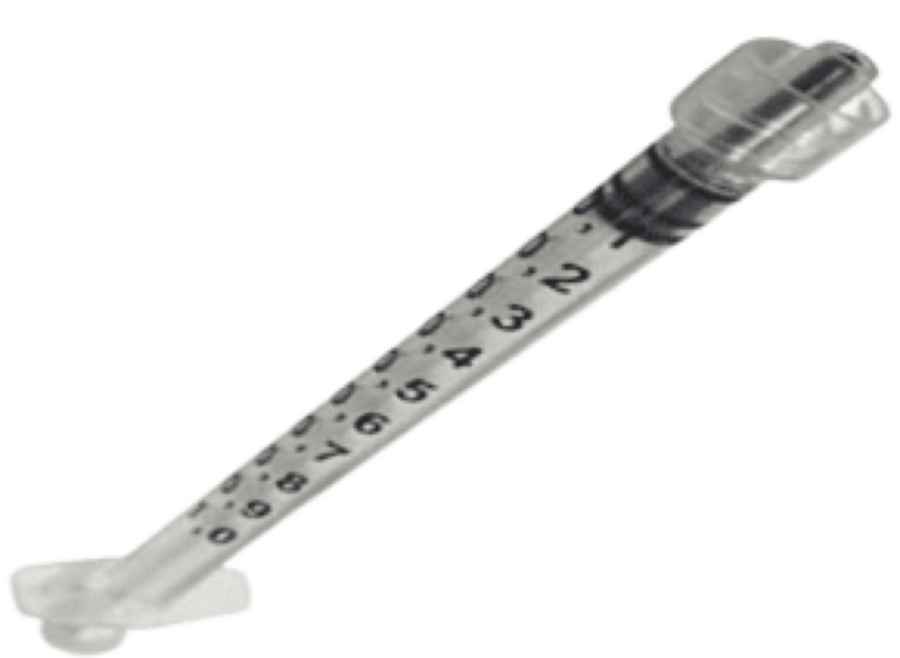
Subscribe To Newsletter
Subscribe to the SLI Medical mailing list to receive updates on new arrivals, special offers and our promotions.
Claudio Tartaglia

In recent times, the safety of medical devices has become a topic of paramount concern, particularly regarding syringes used in healthcare settings. On November 30, 2023, the U.S. Food and Drug Administration (FDA) issued a safety communication alerting consumers [1], healthcare providers, and medical facilities about an ongoing evaluation of potential device malfunctions linked to syringes manufactured in China and sold under familiar American names. This article provides insights into the FDA's concerns, recommendations, and potential alternatives to ensure syringe safety in healthcare settings.
The FDA's Concerns:
The FDA's safety communication highlighted several quality concerns related to Chinese syringe manufacturers. These concerns included leaks, breakage, and additional issues due to manufacturers' changes to the syringe dimensions. Such quality issues pose potential risks to patient safety, affecting the syringes' ability to deliver the correct dose of medication when used alone or with other medical devices such as infusion pumps.
The Impact on the Healthcare Supply Chain:
A majority of U.S. brands source their syringes from Chinese manufacturers, making this a widespread issue in the healthcare supply chain. The FDA's communication has already led to recalls of more than 45 million disposable syringes in the U.S. market. The agency has also stated its intent to monitor for additional quality and safety concerns and may prevent further shipments of Chinese-made syringes from entering the United States. This affected supply of syringes, coupled with the FDA's continued vigilance, may lead to shortages of certain sizes and increased costs.
Evaluating Syringe Standards:
Syringes, often seen as interchangeable commodities, are classified as Class II medical devices by the FDA. While international standards, such as those set by the International Organization for Standardization (ISO), establish guidelines for syringe quality, safety, and performance, they may only address some specific concerns. Compliance with standards does not guarantee immunity from defects, and these guidelines may not fully cover certain unique circumstances.
Requesting Testing Reports:
For healthcare administrators considering purchasing products manufactured in China, it's crucial to request testing reports from the manufacturer to ensure product safety and quality. Transparency in testing and adherence to standards can provide confidence in the safety of the syringes used in healthcare settings.
Alternative Options:
In light of the concerns surrounding Chinese-made syringes, healthcare administrators may want to explore alternative options. One such alternative is Doctors Choice needles and syringes, which, despite being manufactured in China, have undergone extensive testing and can provide testing reports upon request. This option allows healthcare facilities to maintain a supply of syringes while prioritizing safety.
Conclusion:
Ensuring the safety and reliability of syringes in healthcare settings is paramount. The FDA's safety communication has brought attention to potential issues with syringes manufactured in China. Healthcare administrators should carefully consider the manufacturing source of syringes in their inventory, request testing reports for products from China, and explore alternative options like Doctors Choice needles and syringes.
In a rapidly evolving healthcare landscape, it is essential to prioritize patient safety and take proactive steps to address potential concerns with medical devices like syringes.
No Comments yet. be the first to comment.